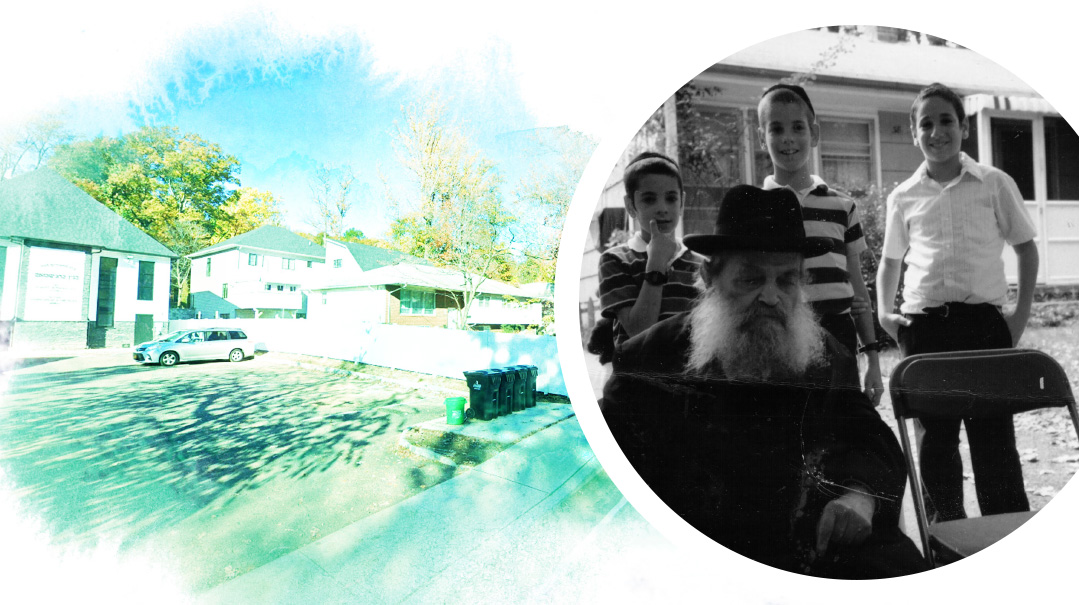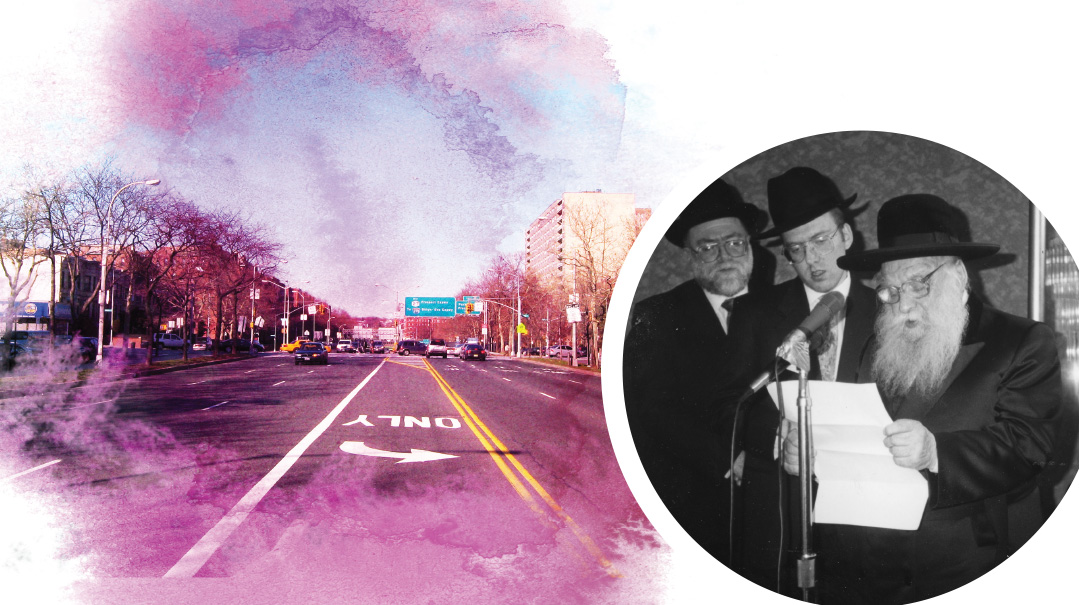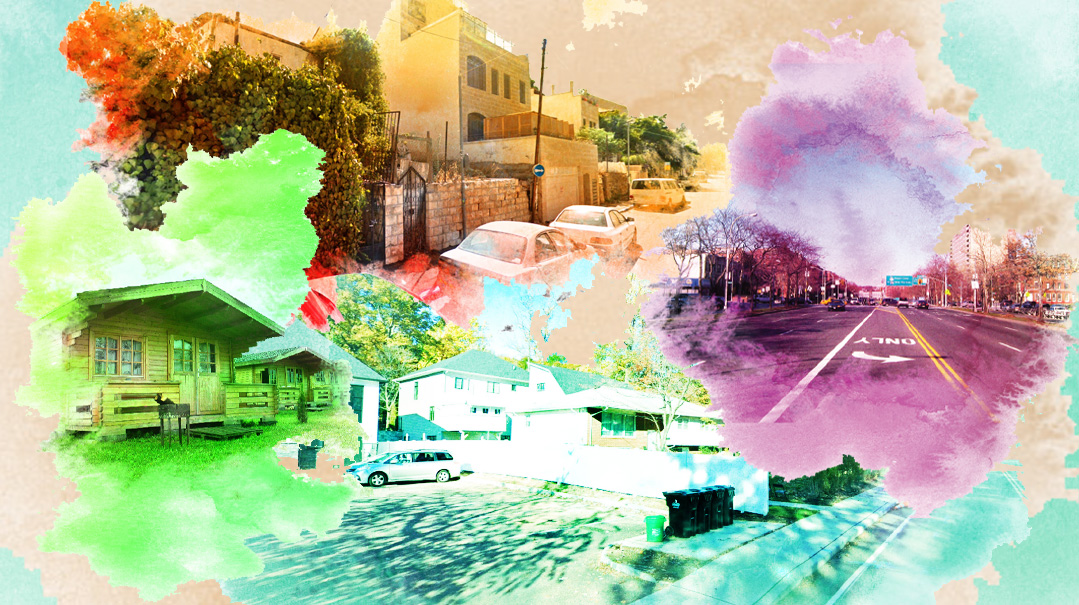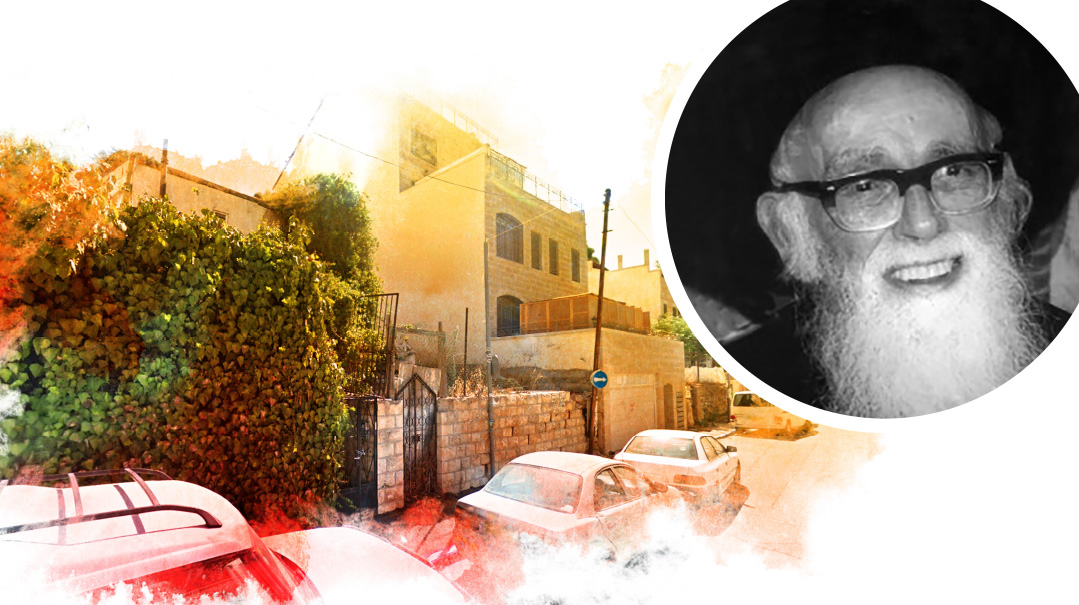Rav Yisroel Avraham Portugal — Coins of Blessing

The holiness of the Skulener Rebbe formed the backdrop of my summers — and perhaps even changed the course of my life
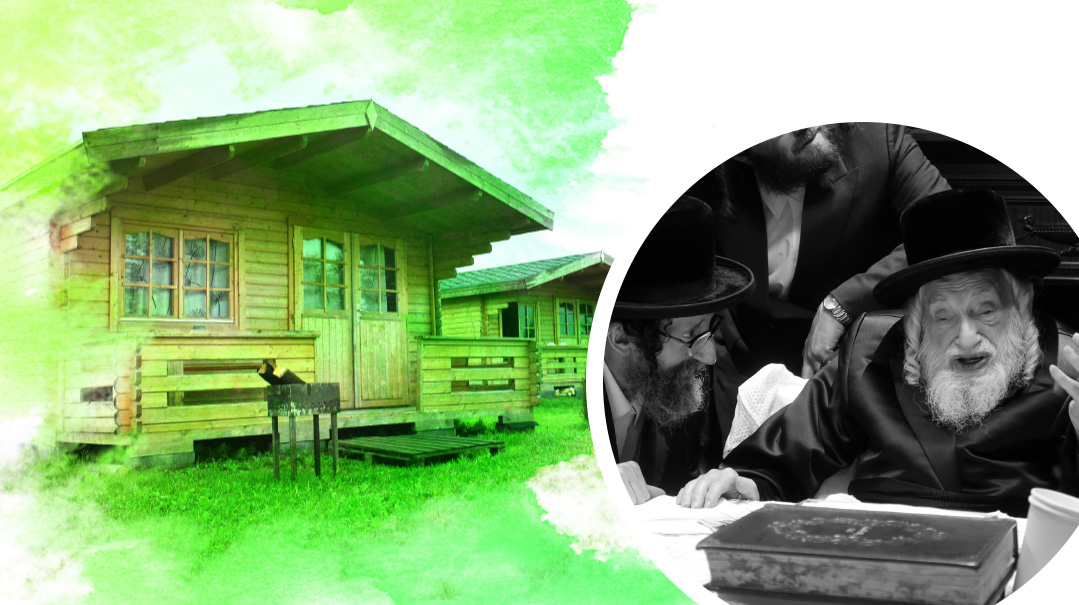
W
hen I was growing up, our family was zocheh to vacation in Rosen’s, the same Upstate New York bungalow colony as the Skulener Rebbe, Rav Yisroel Avraham Portugal. His holiness and avodah formed the backdrop of my summers.
On Friday nights, we’d stop playing and run to shul when it was time for Lecha Dodi. The Rebbe would dance, surrounded by all the little boys, and when he turned at “Bo’i beshalom,” we too got a glimpse of his radiance. Now, I sing that tune as I dance Lecha Dodi with my children.
We’d abandon our own seudah after the soup to make the pilgrimage to the Rebbe’s bungalow for his tish, straining to catch a glimpse through the throngs of men. My brother and his friends sometimes snuck in to join the Rebbe at the day seduah, too. To this day, our father uses the Rebbe’s singsong nusach to make Hamotzi on Shabbos.
Each week, I negotiated elaborate deals with my mother to let me stay up late enough to attend the Rebbe’s Havdalah. (Sometimes I just hid at the other end of the colony so she couldn’t call me inside.) The highlight of the summer was the special Shabbos Nachamu celebration in honor of the Rebbe’s release from prison back in Romania, where he was tortured, beaten, and imprisoned after the Holocaust due to his activities saving Jews.
One summer, when I was very young, I ran a Shivah Asar B’Tammuz day camp to keep the little kids busy while their mothers were fasting. For my hard work, I earned a whopping $10.73. I came up with the brilliant idea of donating the maaser money — one dollar and 73 cents, to be exact — to Chesed L’Avraham, the organization of the Skulener Rebbe, Rav Yisroel Avraham Portugal.
When I saw the Rebbetzin taking her daily stroll with her daughter-in-law, I proudly walked over and handed her my endowment. She made me feel like the most generous donor the organization had ever seen.
She stopped and accepted the coins with a smile before telling me how valuable each small amount was. The next year, after another profitable fast-day day camp, I handed the Rebbetzin my coins in shul. Again, she smiled kindly (it took a couple of years for me to realize exactly how kindly).
“Small sums should lead to big sums,” the Rebbetzin said.
I remember being surprised that my hard-earned dollar-something was only a small sum.
A few years later, I was running the day camp (business opportunities were scarce there). Our bungalow colony didn’t have a bunkhouse for us, so day camp was based at the “day camp table,” strategically located beneath two trees.
Every morning, I’d use the mic in the grocery to call the campers together.
“Day camp time, day camp time, everybody day camp time. Achdus Day Camp to the day camp table with a nosh and a penny for tzedakah!” And so, the pennies accumulated.
The Rebbe passed our table daily as he walked from his bungalow to the mikveh, and every day, I would pause our activity so the children could observe.
Toward the end of the summer, I thought of a great idea. While the Rebbe was walking, I walked over with all of the children and handed him our pushke for Chesed L’Avraham. The Rebbe smiled widely (so did the gabbai, but not as widely) and bentshed us, accepting the pushke graciously.
One summer, this arrangement didn’t work, so I went to deliver the pushke to the Rebbe at his bungalow. The pushke weighed a lot, but the coins inside didn’t add up to a very significant sum. The Rebbe’s granddaughters were excited to join me to present the pushke to their heilige zeide, and the Rebbetzin also seemed to enjoy the ceremony. As the Rebbe was hard of hearing, and I couldn’t really understand his manner of speaking, his Rebbetzin and their granddaughters helped me along.
The Rebbe, his face radiant as usual, told me the following story: A man had brought a rebbe a sum of money for an important cause, but the rebbe didn’t accept it. Instead, he told him to go to the bank, change it for small coins, and then bring it back. The man was bewildered, but he followed the rebbe’s instructions. He lugged the heavy bag of coins back to the rebbe — here, the Skulener Rebbe made a show of how hard the man worked schlepping the heavy coins. Some time passed, and the man was in need of a yeshuah. In Heaven, they measured his mitzvos against his aveiros, but the aveiros outweighed the mitzvos. Then the heavy bag of coins was added to the mitzvah side, pulling it down with a thunk. The man would have his yeshuah!
As the Rebbe told the story, he laughed and laughed. Almost twenty years later, I wonder what he meant. Was he merely enjoying the sweetness of a chassidishe maaseh? Did he see that those pushke coins would affect a yeshuah for me when I would need it?
My life has been so filled with blessing. Do those coins play a role? Will I ever know?
Baila Vorhand is a writer in the Boro Park section of Brooklyn, New York.
(Originally featured in Mishpacha, Issue 913)
Oops! We could not locate your form.

